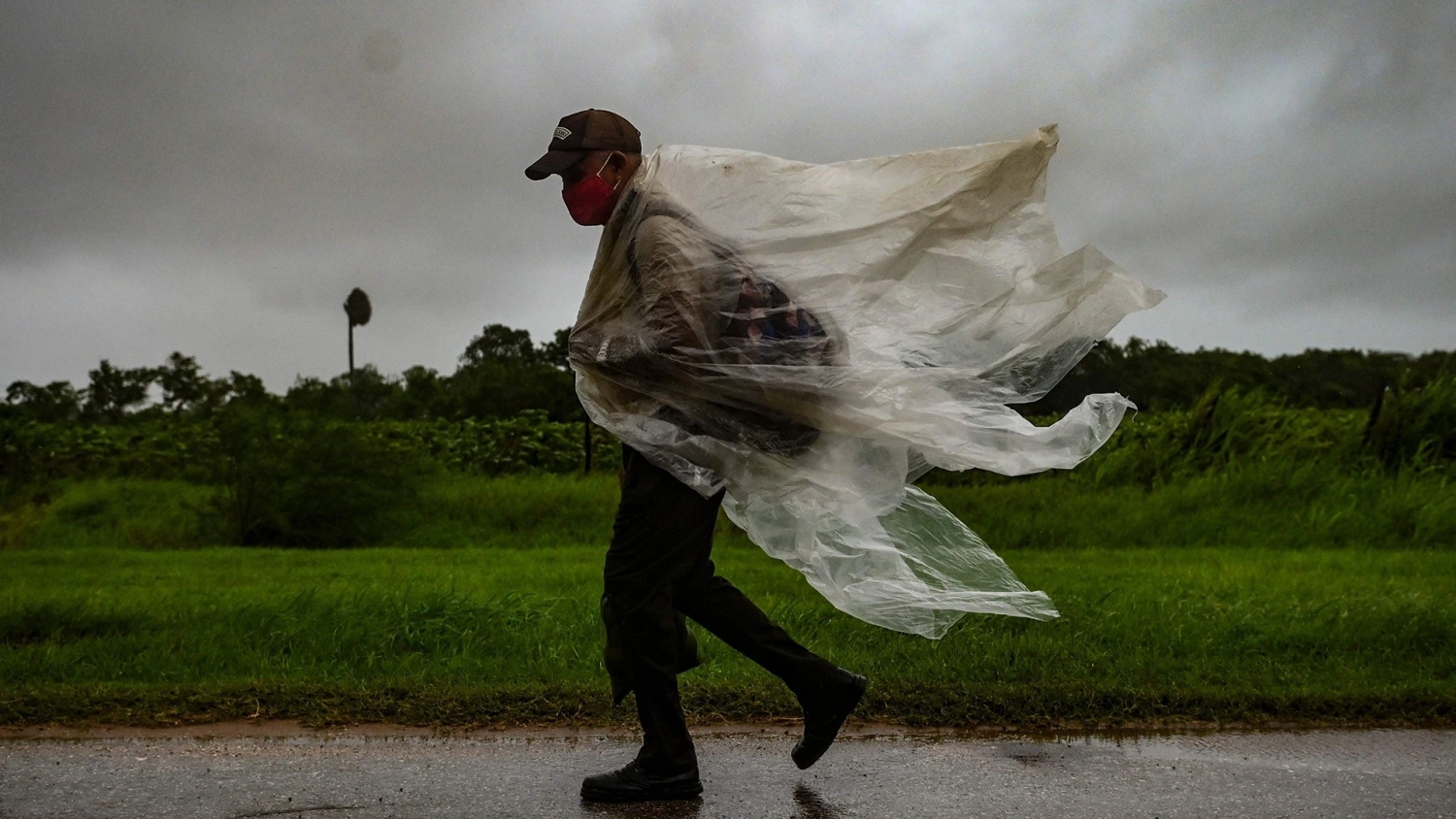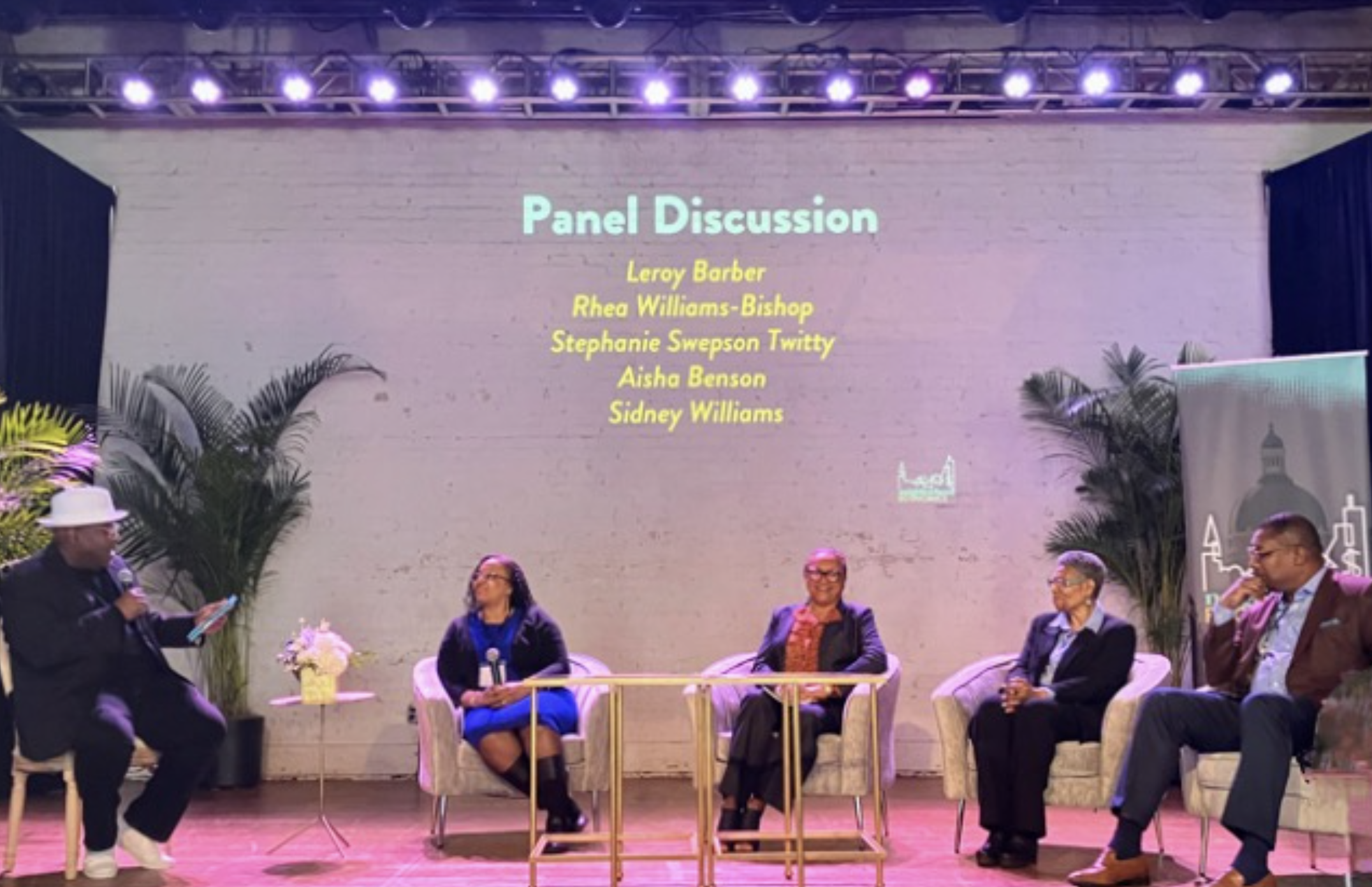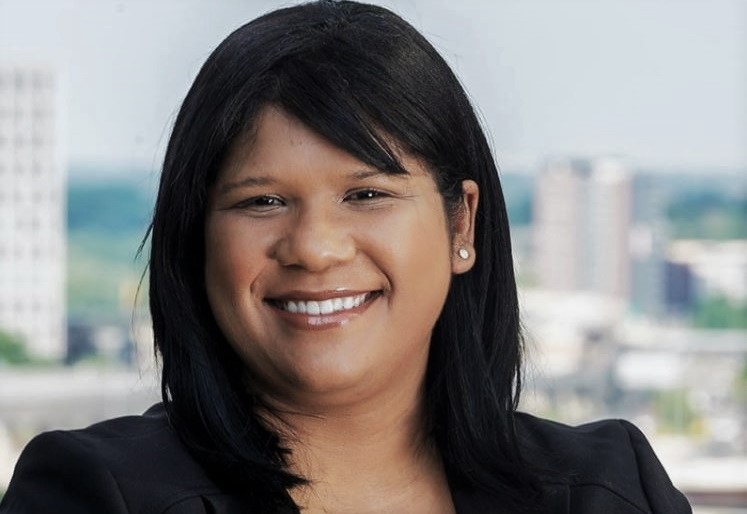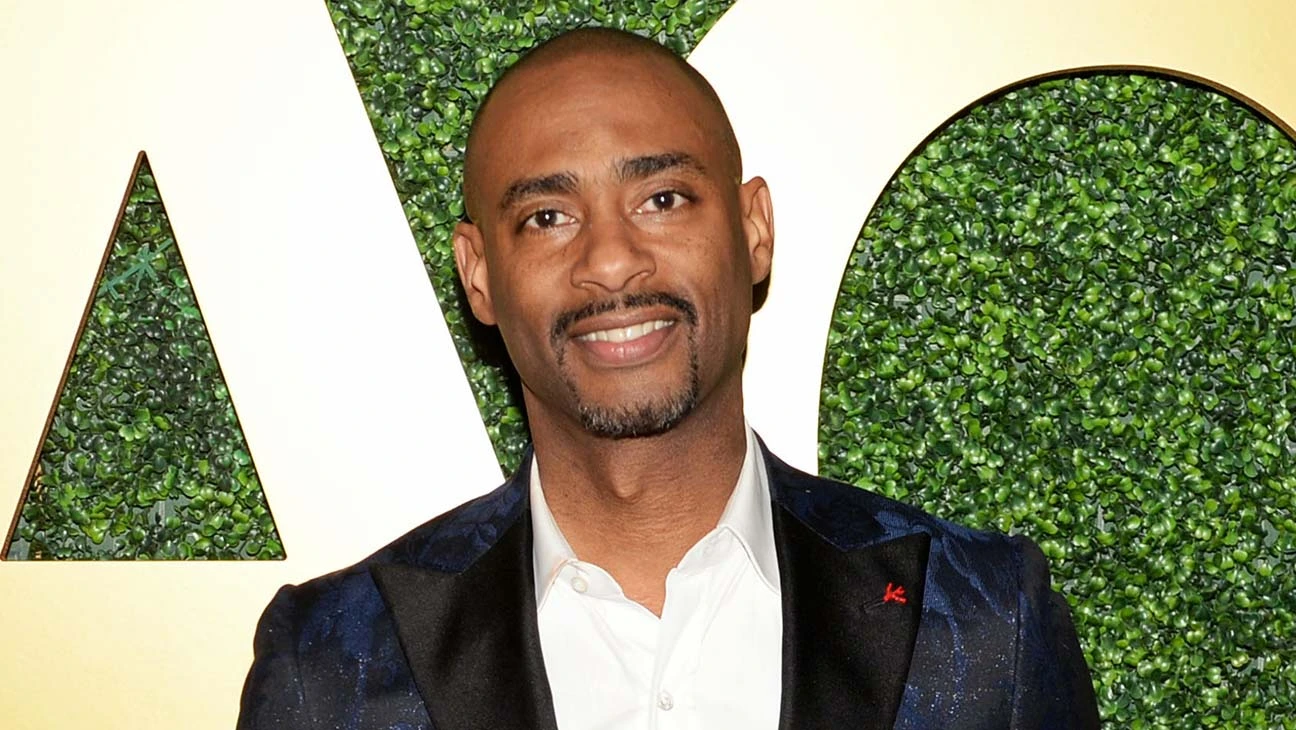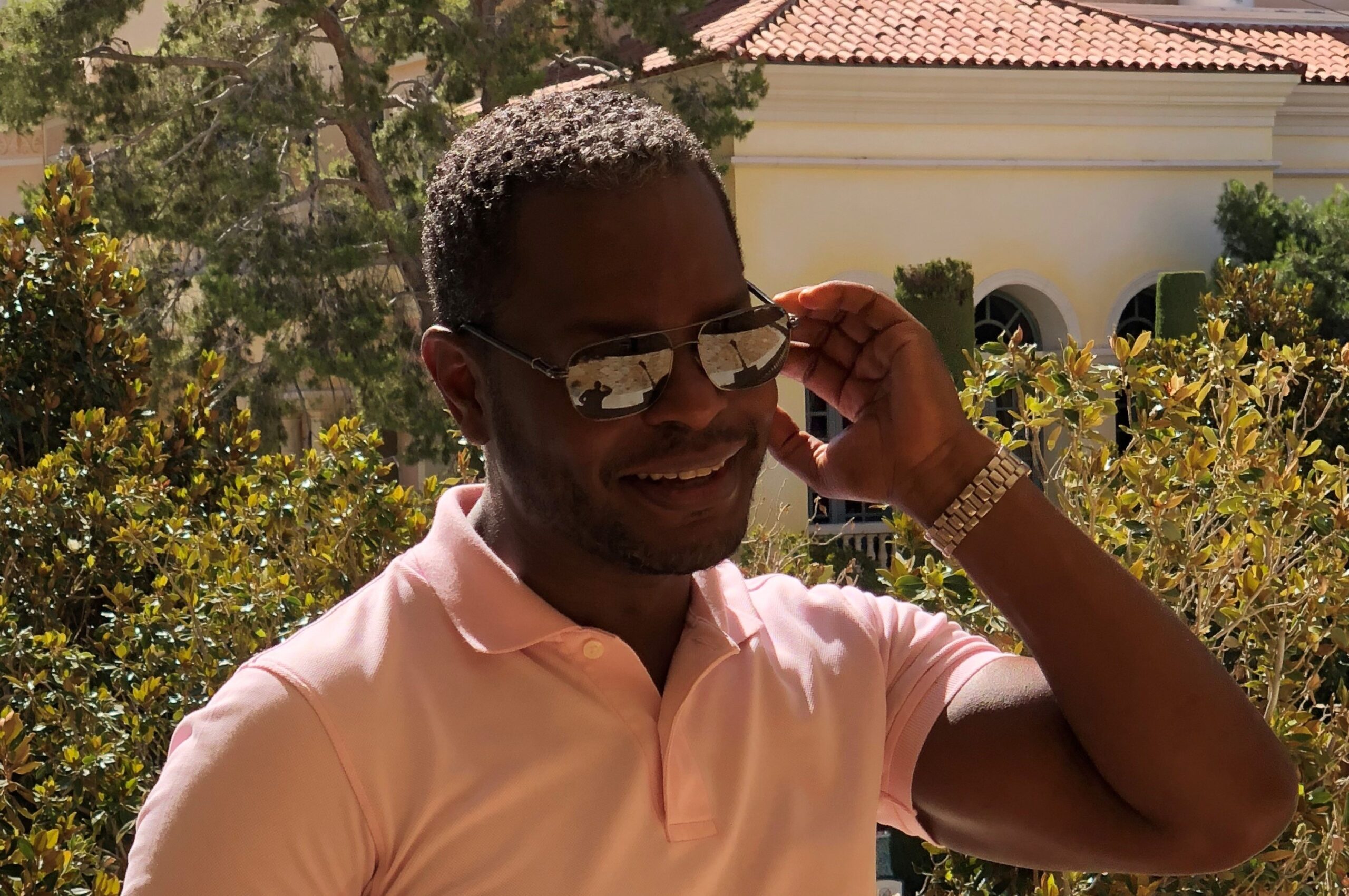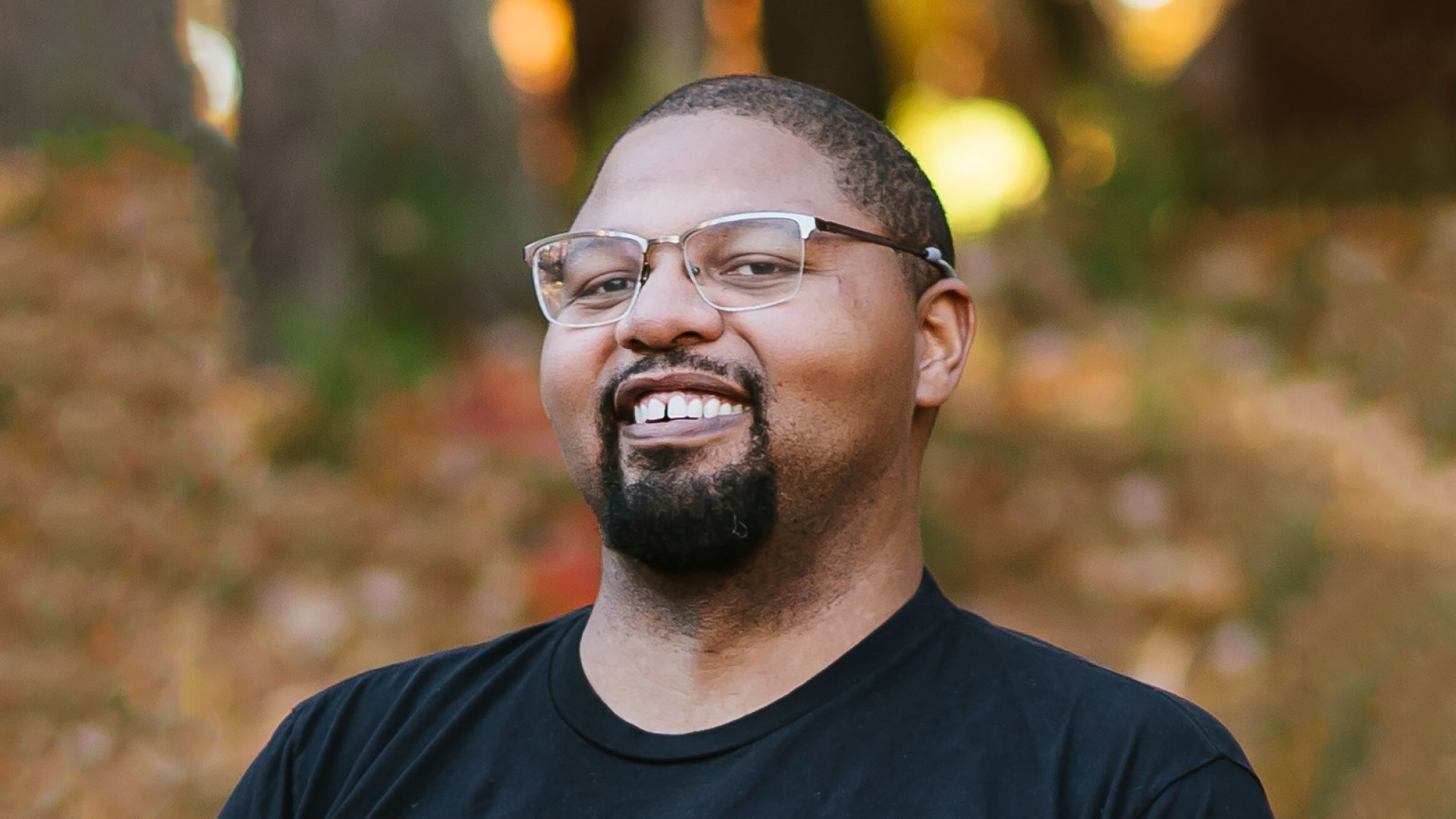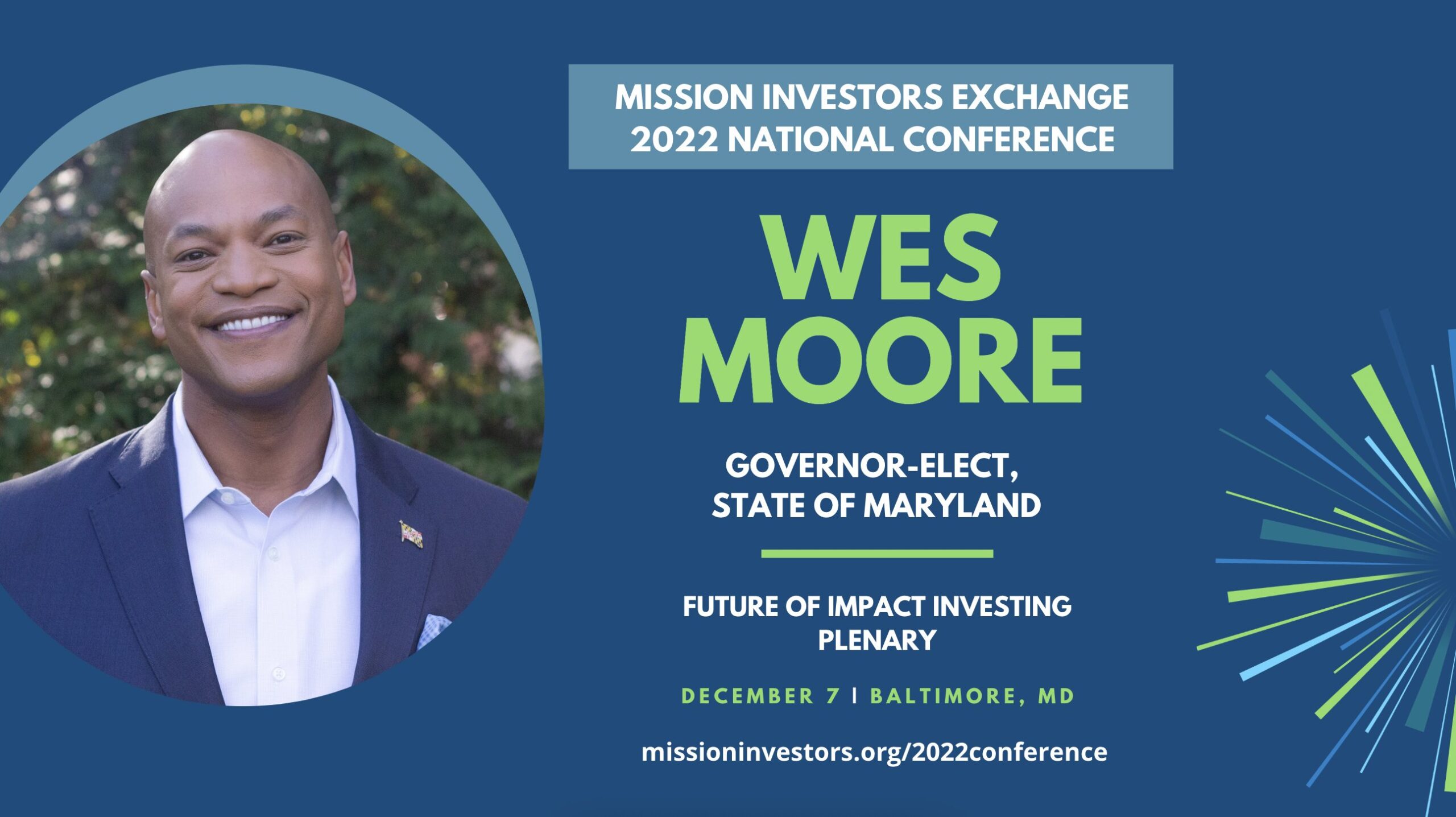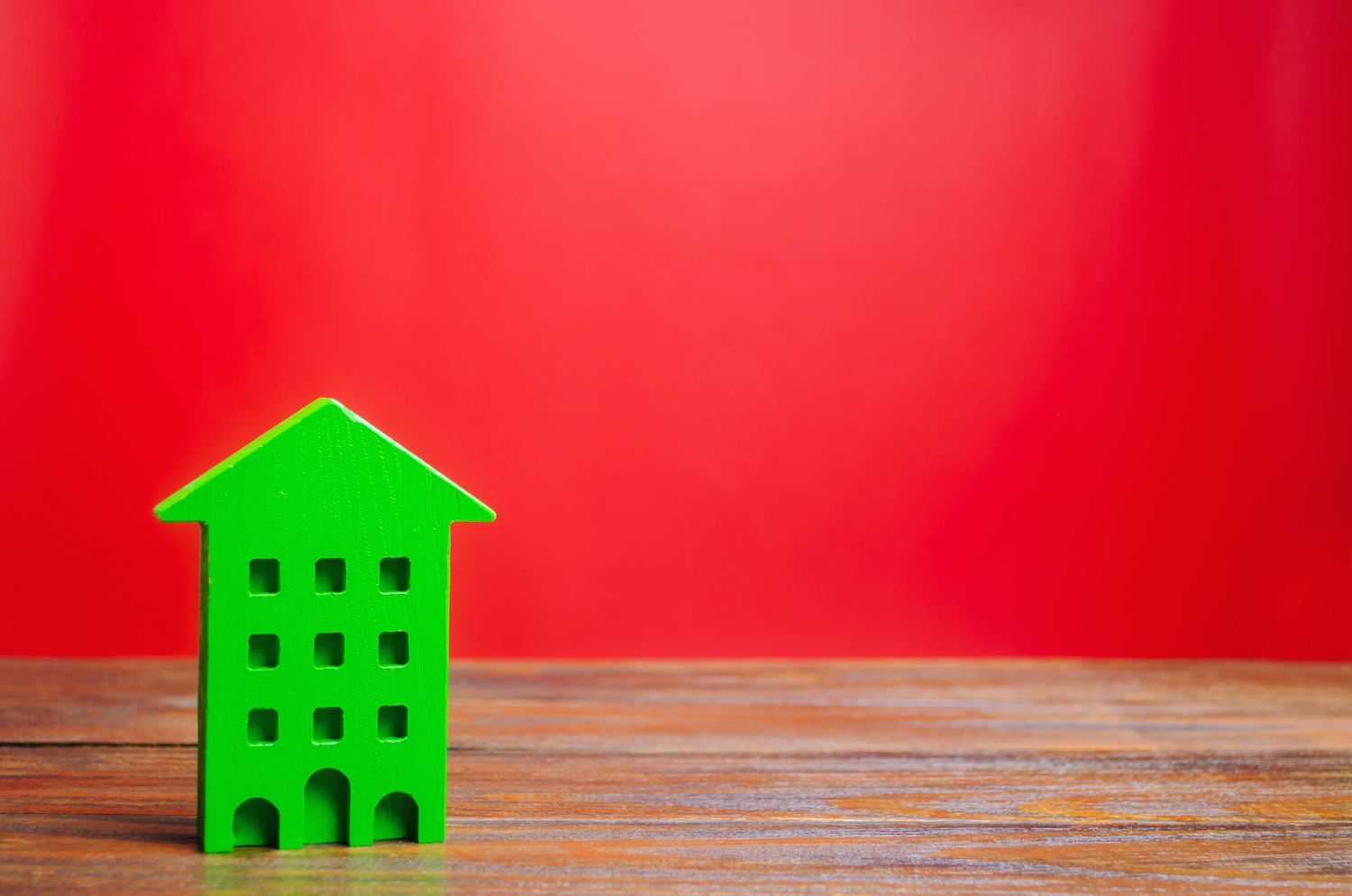ImpactAlpha Aug. 30 – With hurricane winds still blowing and rain falling, essential workers already are stepping up to bring back services and communities in Louisiana and elsewhere.
No, it’s not too early to center equity, justice and worker rights as Hurricane Ida relief efforts get underway. Exactly 16 years after Hurricane Katrina, Ida provides another opportunity to use recovery efforts to redress inequalities, not exacerbate them.
“The first few weeks after a disaster, the period called rapid repair, are absolutely critical. If you don’t fix up homes and schools, then they remain in disrepair for a long time and people’s lives are uprooted,” Saket Soni, executive director of Resilience Force, tells host Monique Aiken in a new episode of The Reconstruction podcast.
“That’s really what the workforce will be focused on. Our job is to go and support them to go and make sure they can finish that critical American work. And to make sure that government actors and private actors – companies, the administration, governors – recognize the workers and what they need to complete it.”
Two decades of hurricanes and other calamities has made Soni an expert on post-disaster economies. A longtime community organizer, he co-founded the New Orleans Workers’ Center for Racial Justice after Katrina and, later, the National Guestworker Alliance. He has won court orders and legislative victories to protect the rights of workers essential to recovery. He founded Resilience Force in 2019 to work with local and state governments to provide quality jobs for local residents and meet community needs in natural disasters, health emergencies and other crises.
“We have to give the workers a shot at finishing the project of repairing and resilience after disasters, because our lives truly depend on it,” he says on the podcast, recorded before Ida made landfall.
Resilience divide
In the last decade, America has faced multiple devastating disasters, from hurricanes and forest fires related to climate change, to the COVID-19 pandemic. The circumstances may be different, but one thing has remained constant: unjust systems for distributing public resources that support recovery.
Disaster relief funds, a rare area of bipartisan agreement, offer an opportunity to build back better, Soni says. Instead, “what happens in the course of recovery is that the inequality widens, because we care about the recovery of the few. What’s happened is that recovery has actually become a hidden driver of inequality.
Resilience Force fights for workers in the courts, develops policy agendas for equitable disaster relief, and shares the stories of workers, who often bear dehumanizing and unsafe labor conditions in the wake of disaster. “Resilience workers” include rapid responders, builders, and community supporters who repair or limit damage in the aftermath of disaster by reconstructing physical, systemic, and social infrastructure.
After Hurricanes Laura and Delta hit Louisiana last year, Soni says, “People rolled into town, slept in their cars, doubled up, tripled up and worked for weeks to rebuild the schools, so that families could come home, send their kids to school, and so that the tax base could come back. They did it for $10, $11, $12 an hour, if that, without proper safety equipment.”
While public resources readily reach wealthier residents, in low-income communities unseen damage to social and family connections goes unrepaired and government support quickly dwindles. Government funds for infrastructure repair generally go to areas where the property taxes are higher. Insurance payouts, when they do come, often are followed by hikes in premiums. “And fewer and fewer poor people can afford to be insured,” Soni says.
The end result is a massive transfer of tax dollars, meant to support collective benefits, into the pockets of top earners, widening the “resilience divide” between higher- and lower-wealth communities.
New social contract
Similar patterns in disaster relief have held true during the COVID-19 pandemic, says Soni. Although immediate federal relief seemed ambitious, funds to support struggling businesses and families have been more likely to reach white, wealthier communities.
“We need to rewrite the rules of American recovery,” he reflects. “Recovery will be the single most important national priority for the next five years because of the pandemic. What I’m afraid of is that recovery will produce extraordinary benefits for the already-wealthy, but the poor and the working class, Black, brown, indigenous, small town, and rural America will slip lower and lower down the rungs of American life.”
Essential workers were widely celebrated for risking their lives to keep vital services going. They need meaningful action more than applause.
“They needed better working conditions, they needed PPE,” says Soni. “They also included lots and lots of immigrants who needed legal status and full citizenship…. Most of those workers work for low wages, with very few protections. And most of those workers have been unrecognized by American society.”
According to the Center for American Progress, as many as three out of four undocumented immigrants in the U.S. — an estimated five million people — are doing jobs considered essential. Resilience Force and the National Immigration Law Center started a campaign, “Immigrants are Essential,” to connect appreciation to action, including steps individuals can take to support immigration reform.
The need for a new social contract has only become more apparent as people have emerged from pandemic quarantine into hurricane and fire season. Warnings of the scope of the climate catastrophe grow more dire by the month.
“We have to make it a national project to build resilient people, surround them with the abundant resources they need, have their backs, build and fund their safety net, provide them jobs. Make sure they’re good jobs with careers and take care of each other. That’s the true meaning of resilience,” says Soni.
“The good news is there is abundant capital to be unlocked for that project. We do not have scarcity. It just requires the vision. And the will. And a strong group of committed people.”
This podcast is part of ImpactAlpha’s new podcast series, The Reconstruction. Find episodes of The Reconstruction podcast, and all of ImpactAlpha’s coverage of racial justice and inclusive prosperity, on The Reconstruction landing page.

